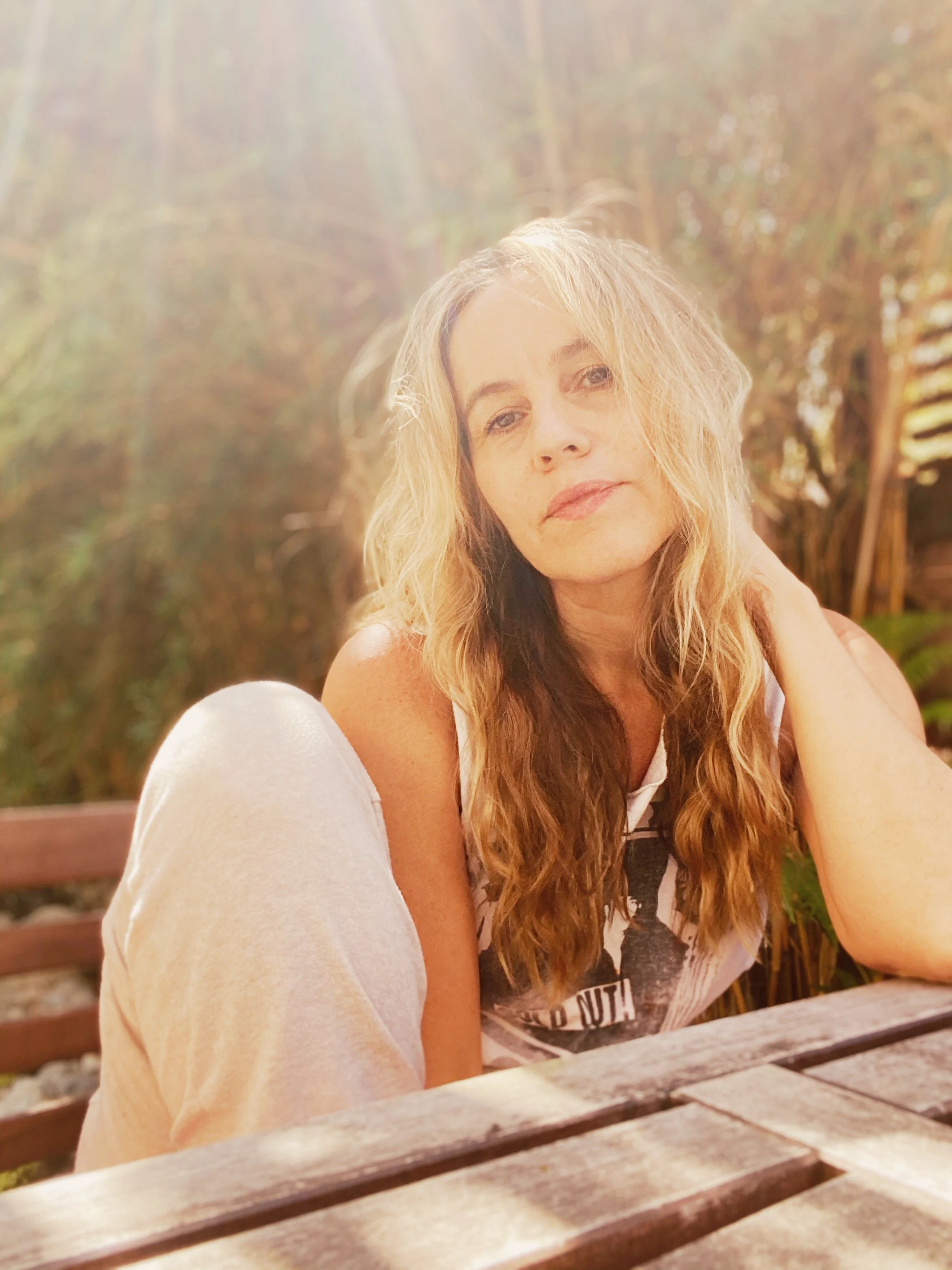"What was the path that led me to become a trauma healer?" Every time I hear this question, my body reacts viscerally. My heart rate spikes, heat floods through me, and I feel myself beginning to freeze internally. Imposter syndrome crashes in like a wave, the stakes suddenly feel impossibly high, and peculiarly, shame creeps in at the edges.
Strange, isn't it? On paper, there's no reason for such intense reactions. My resume speaks for itself: I have the training, the experience, the qualifications. My clients' feedback and the respect of my colleagues validate my work in trauma healing.
Yet when I look at my personal history, my body's response to that seemingly simple question—"What led you here?"—makes perfect sense.
Most people who have experienced trauma can divide their lives into "before" and "after" a specific event: the death of a loved one, an accident, war, a natural disaster, divorce. But some of us never had a "before." We were born into trauma, quite literally. I am one of them.
I was born into a complex tapestry of generational trauma. My parents were both 50 years old when they had me—an unexpected pregnancy that upended their post-parenting lives. They had each divorced their previous spouses and found each other, falling into a relationship that burned with passion but simmered with toxicity.
The wounds they carried ran deep. My father, adopted as a child, struggled with alcoholism, gambling, and financial instability. He sought comfort in affairs, perhaps trying to fill a void left by his own abandonment. My mother, shaped by her own childhood trauma, battled persistent mental health issues. Her controlling, anxious nature and capacity for cruelty stemmed from deep wounds—a father who abandoned her for another family, and a mother whose cruelty left lasting scars.
Their fractured childhoods had scattered their own families. My mother spent years separated from her brother, their young lives divided between a military school and a convent. My father's adoption had left him with deep questions about his origins and belonging, creating a void he could never quite fill. They were both trying to parent with empty cups, carrying the weight of their own unhealed traumas into their relationship with each other and, ultimately, with me.
Those first three years of my life—the critical period when children develop their fundamental sense of trust and security with caregivers—were spent in this volatile environment. These are the years when a child's brain is literally being wired, when they learn whether the world is safe or dangerous, whether they are worthy of love or not. At three, I went to live with my sister, creating yet another rupture in my already fragmented sense of security.
The battleground of dysfunction then played out in custody exchanges between my sister and my mother—moments marked by either explosive arguments or suffocating silence. I became the rope in their emotional tug-of-war, sometimes quite literally being pulled by my arms in opposite directions. My sister believed she was protecting me, my mother fighting to maintain control, neither recognizing the deep wounds their actions were carving into my developing psyche.
Survival meant becoming both a master of deception and keeper of silence. I wove elaborate webs of lies, not just to my mother and sister, but to everyone around me. To my peers, I painted my parents as grandparents, my sister as my mother. I twisted myself in knots trying to explain how aunts and uncles were actually siblings, constantly recalibrating my story to match whatever version of truth felt safest in the moment. But perhaps even more defining than the lies was my silence. I learned to swallow my experiences whole, to bury the things that happened to me deep inside, afraid that speaking my truth would shatter the precarious stability I had found. This silence became a prison of its own—a reflexive suppression of my voice, my needs, my reality.
Through all of this, a toxic belief system took root: I held no value. I was unwanted. Any semblance of stability could be ripped away without warning. This wasn't just learned trauma—it was woven into my existence from conception. I was born directly into survival mode, my nervous system already primed for danger before I took my first breath.
When you're born into this kind of chaos, your body and sense of self are never truly your own. Agency is a foreign concept—something other people seem to have, but remains just out of reach. What follows is a life shaped by this fundamental disconnect: a journey of self-denial, self-loathing, and self-destruction. You move through the world wearing masks, playing parts, living inauthentically because you never learned how to simply be. You were too busy trying to survive.
So when people ask me why I became a trauma healer, my body responds before my mind can craft a polished answer. Because the truth is, I didn't choose this path—it chose me. Every symptom, every coping mechanism, every hard-won insight into the nature of trauma and healing—these weren't theoretical lessons learned in training. They were the very tools I forged to survive, now refined and redirected to help others find their way back to themselves.
